You have not yet added any article to your bookmarks!

Join 10k+ people to get notified about new posts, news and tips.
Do not worry we don't spam!

Post by : Anis Farhan
In today’s world, social media has become an inseparable part of daily life. Whether it is scrolling through Instagram before bed, checking Twitter for updates, or watching viral TikTok videos during a lunch break, the digital world is always at our fingertips. What began as a tool for connection has now grown into a global culture, influencing how we think, feel, and interact. Yet behind the endless streams of posts and likes lies a more complex story — one where mental health is often caught in the middle.
The question is no longer whether social media shapes our lives but how deeply it influences our mental well-being. To understand the full picture, we must look beyond likes, shares, and follower counts and explore the emotional consequences of our online habits.
At its core, social media is built on the idea of validation. Every notification, every like, every comment is a small boost of dopamine — the brain’s reward chemical. Platforms are designed to keep us coming back for more, creating a cycle of expectation and gratification.
For many, this feedback loop becomes addictive. The number of likes on a photo or the engagement on a post often feels like a measure of self-worth. Over time, people begin to equate their value with online popularity, creating an emotional rollercoaster tied to something as fragile as digital approval.
This chase for validation can be exhausting. A post that performs well may spark joy, while one that goes unnoticed can leave someone questioning their importance. In a culture where online presence feels almost as significant as real-life identity, the line between self-expression and self-validation becomes blurred.
Perhaps the most significant mental health challenge linked to social media is comparison. Platforms are filled with curated snapshots of life — vacations, celebrations, achievements, and perfect selfies. Rarely do we see the struggles, failures, or quiet moments in between.
As a result, scrolling through feeds often creates an illusion that others are living happier, more successful lives. This phenomenon, sometimes called “compare and despair,” leads people to judge their own lives against the highlight reels of others. Feelings of inadequacy, low self-esteem, and even depression can emerge when constant comparison becomes the norm.
Teenagers and young adults are particularly vulnerable. At an age when identity is still being formed, social media amplifies insecurities. The fear of missing out, or FOMO, intensifies these pressures, making people feel as though they are constantly behind or excluded from the experiences that matter most.
Research has consistently shown links between heavy social media use and increased rates of anxiety and depression. While not everyone is affected in the same way, prolonged exposure to digital validation cycles and comparison can heighten feelings of stress.
Notifications, in particular, play a role in fueling anxiety. The constant buzzing of alerts keeps the mind in a state of anticipation, never fully relaxed. For many, even moments of silence bring a sense of restlessness — a nagging urge to check the phone “just in case.”
For those already dealing with mental health challenges, social media can sometimes worsen symptoms. Online bullying, negative comments, or even simply being ignored online can trigger deeper emotional struggles. Instead of serving as a source of connection, platforms may reinforce isolation.
Behind the screens, algorithms quietly dictate much of our online experience. These systems are designed to maximize engagement, keeping users scrolling for longer periods of time. While effective for business, they can have unintended consequences on mental health.
Algorithms often prioritize content that is emotionally charged — posts that make us angry, sad, or overly excited. This can create an environment where negativity spreads more quickly than positivity. Constant exposure to such content shapes mood, perception, and overall outlook.
Moreover, algorithms can create echo chambers, where users see only content that aligns with their interests or beliefs. While this may feel comforting, it can also reinforce insecurities and prevent healthy exposure to diverse perspectives.
Despite its challenges, social media is not all negative. For many people, it offers a lifeline of connection. Families separated by distance stay in touch, marginalized communities find support, and important causes gain visibility through online platforms.
Social media also provides opportunities for creativity and self-expression. Artists, writers, and innovators have found platforms where they can share their work with global audiences. Many individuals also use these spaces to advocate for mental health awareness itself, building communities that offer genuine support and encouragement.
The dual nature of social media — both empowering and challenging — is what makes finding balance so crucial.
Building balance does not mean abandoning social media altogether. Instead, it involves reshaping how we engage with it. Some practical steps include:
Set boundaries: Limiting screen time, especially before bed, can reduce stress and improve sleep.
Curate feeds: Unfollowing accounts that trigger negative emotions and following ones that inspire positivity can change the online experience.
Practice mindfulness: Pausing before posting or scrolling helps ensure that online engagement aligns with real needs rather than impulsive habits.
Take digital detoxes: Short breaks from social media can reset habits and provide mental clarity.
Seek real connections: Prioritizing face-to-face interactions helps balance the online world with meaningful offline relationships.
These steps may seem small, but together they help reclaim control from algorithms and reestablish social media as a tool rather than a trap.
While individuals can make changes, the role of platforms themselves cannot be ignored. Tech companies bear responsibility for how their products impact mental health. Calls for ethical design, transparent algorithms, and stronger protections against cyberbullying are growing louder.
Some platforms have already experimented with removing visible like counts to reduce pressure. Others have launched well-being features that track screen time or encourage breaks. These are steps in the right direction, but broader systemic changes are needed to address the deeper issues of digital engagement.
As society becomes more aware of the mental health impact of social media, conversations about digital balance are expanding. Schools are introducing programs to educate students about responsible online behavior. Workplaces are encouraging healthier boundaries between professional and personal digital life.
The future will likely involve a combination of personal responsibility and industry accountability. Social media is not disappearing anytime soon, but its role in society can evolve. With greater awareness and intentional choices, it is possible to create a digital culture that supports rather than harms mental well-being.
Social media has transformed how we connect, express, and consume information. But it has also created new pressures that deeply affect mental health. The chase for likes, the endless comparisons, and the pull of algorithms can leave people drained and disconnected from themselves.
The solution lies not in rejecting technology but in reclaiming control over how it is used. By setting boundaries, promoting awareness, and demanding accountability from platforms, individuals and societies can move beyond the trap of validation and toward healthier digital lives.
Ultimately, social media should serve as a bridge — not a burden. By striking the right balance, it is possible to enjoy the benefits of connection while protecting the peace of mind that makes life meaningful.
This article is intended for informational purposes only. It does not replace professional mental health advice, diagnosis, or treatment. Readers experiencing mental health challenges are encouraged to consult qualified professionals for guidance.
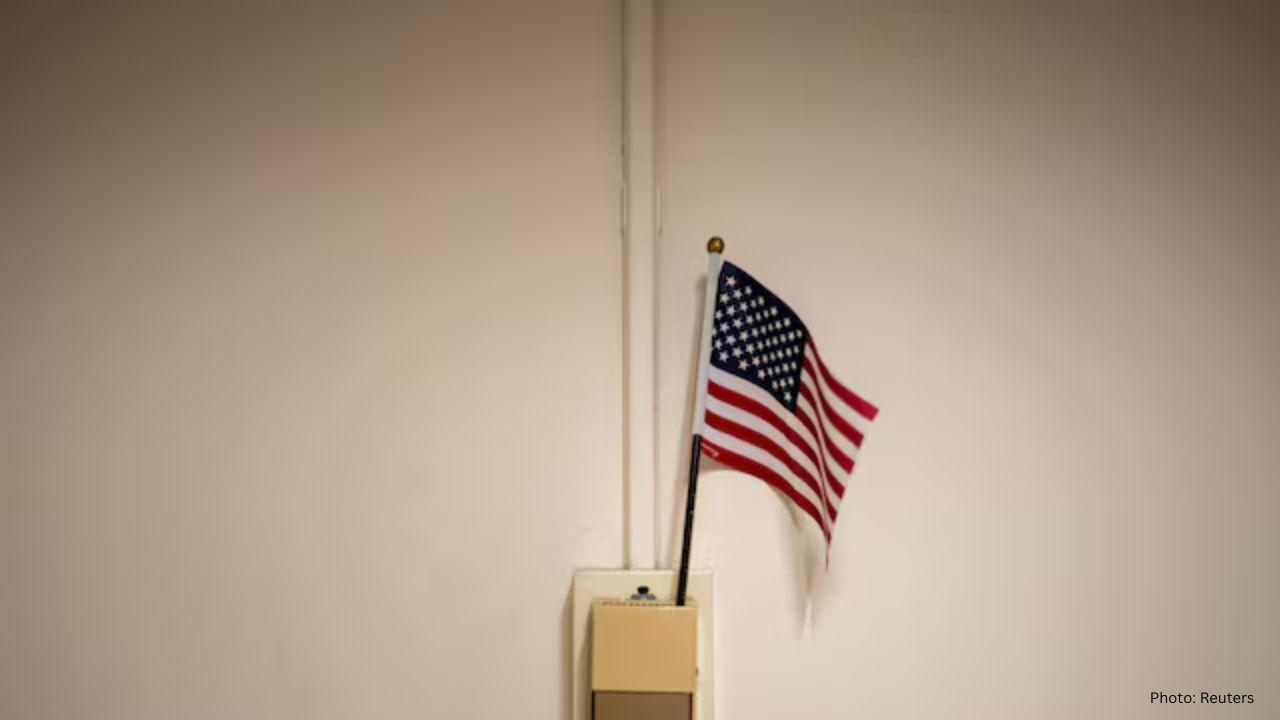
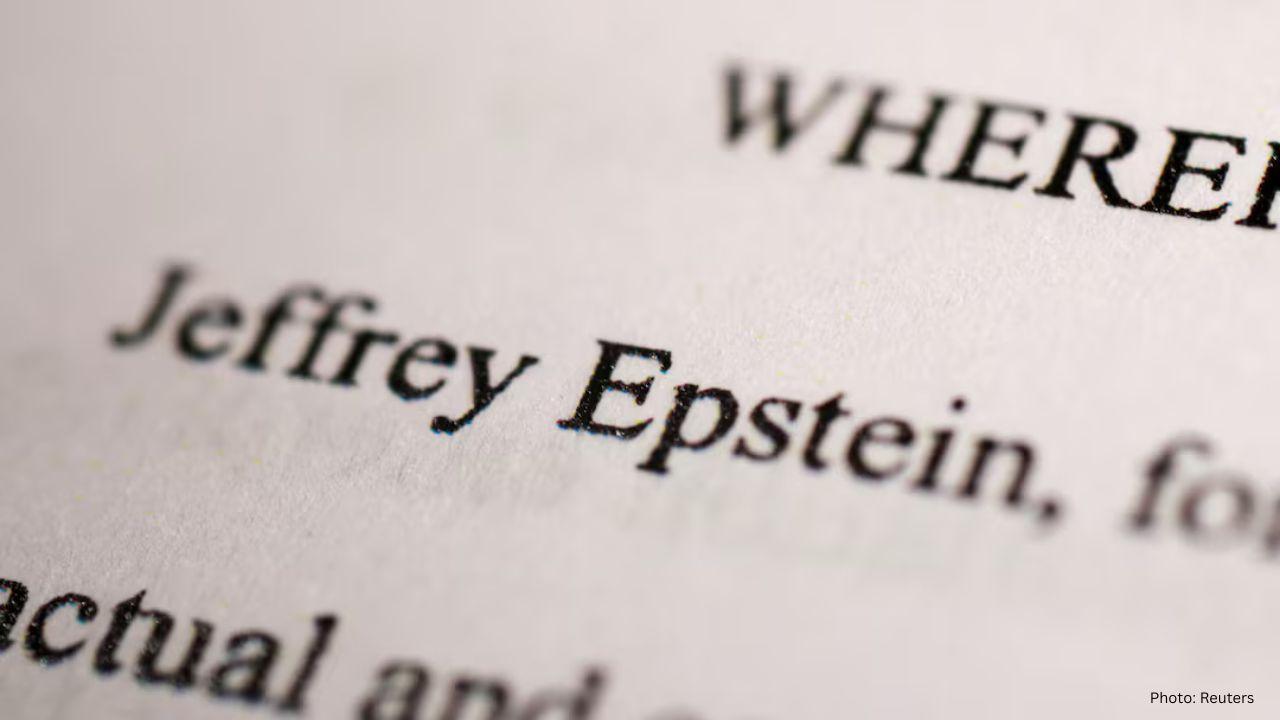


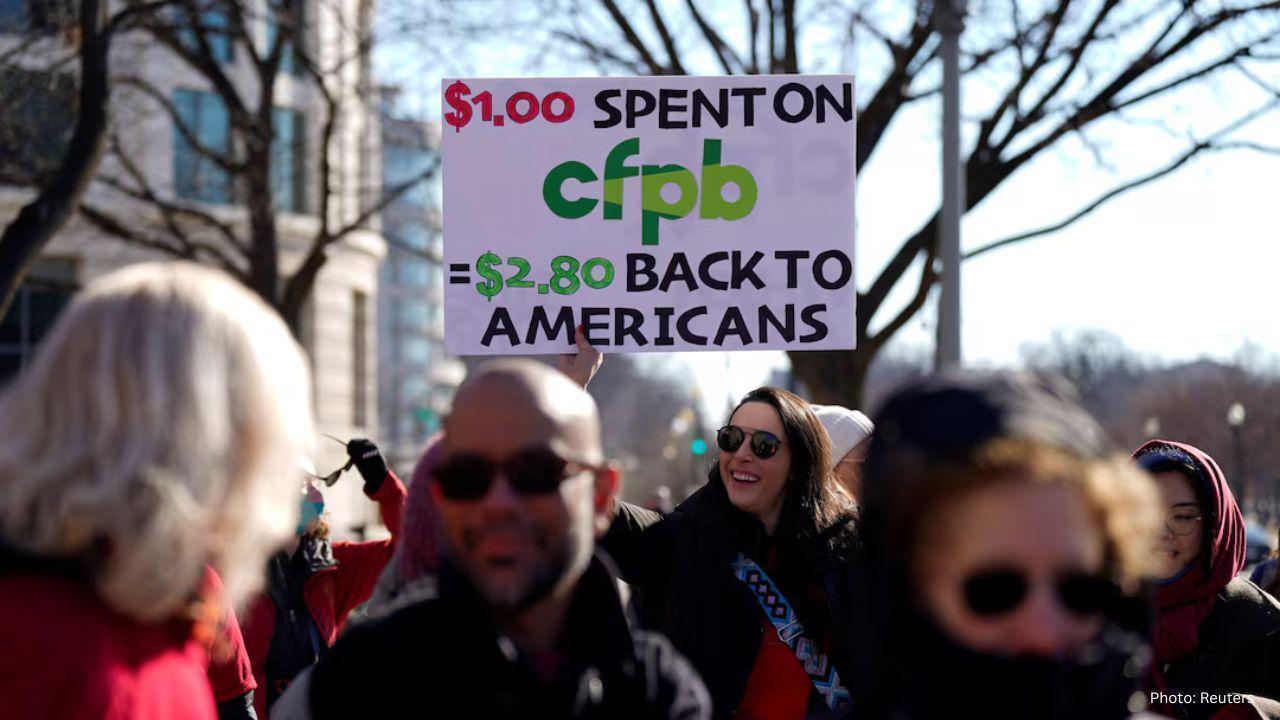

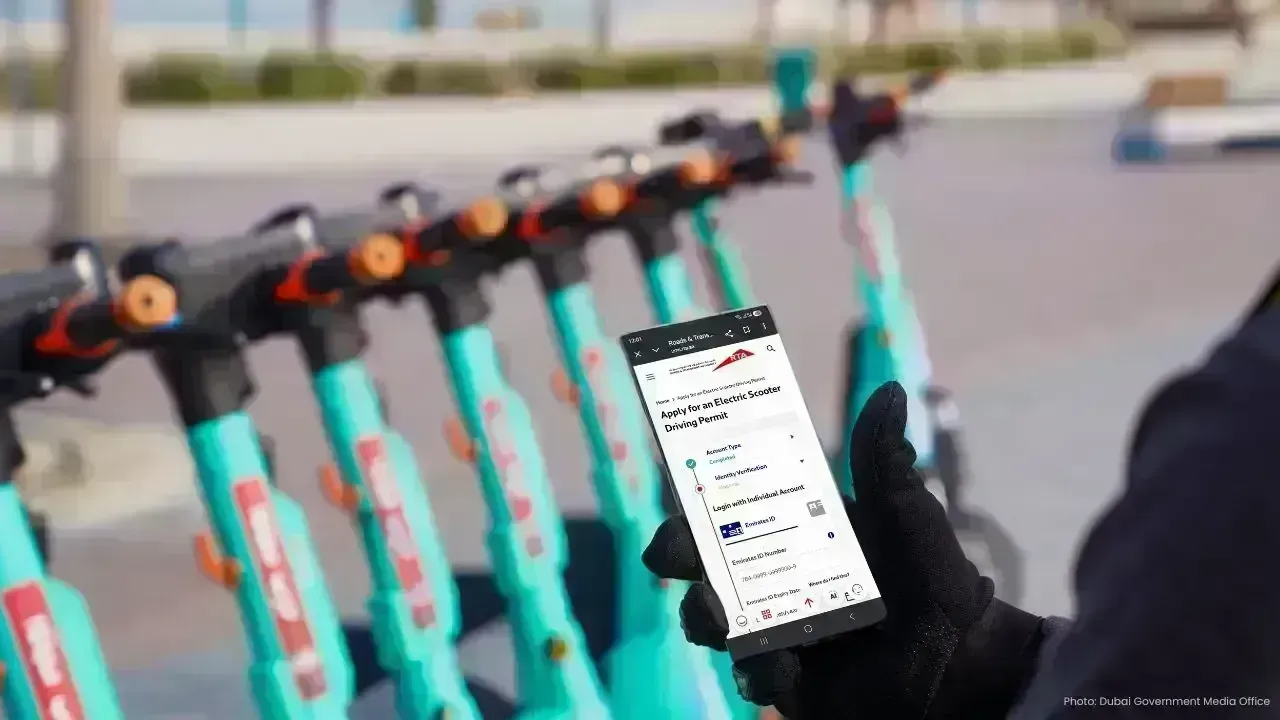

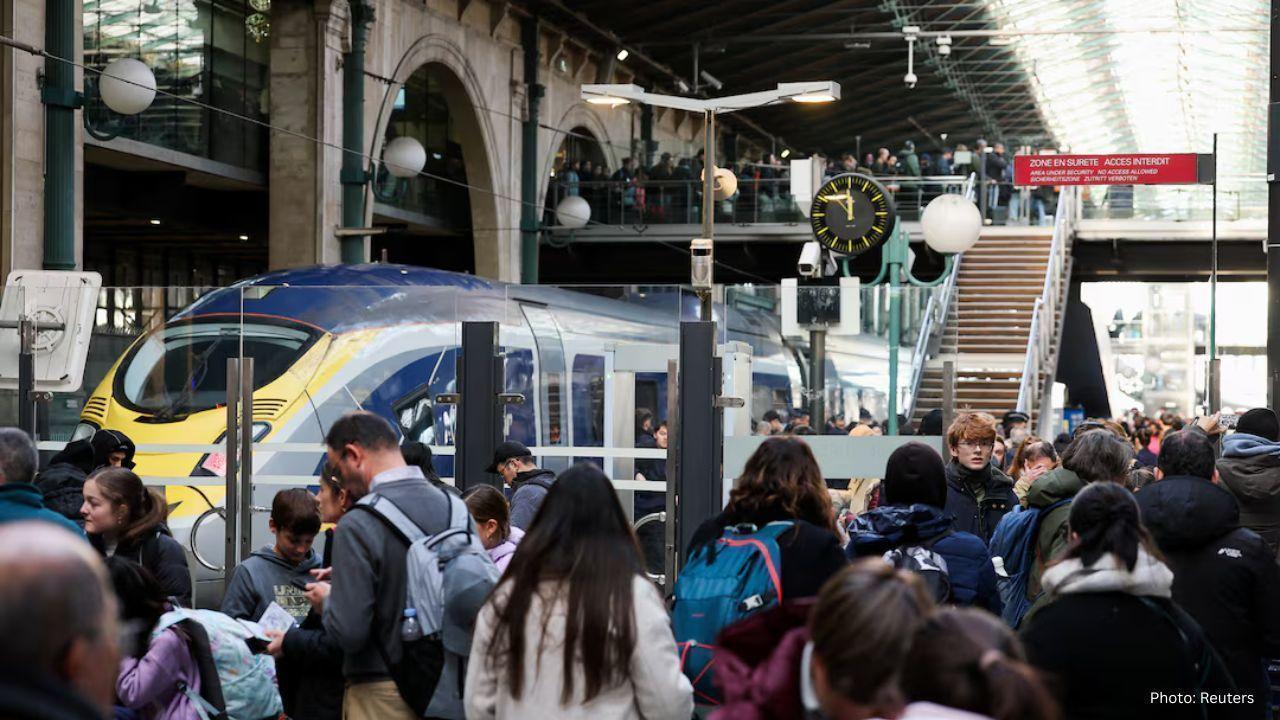

Mel Gibson and Rosalind Ross Split After Nearly a Decade Together
Mel Gibson and Rosalind Ross confirm split after nearly a year. They will continue co-parenting thei

Rashmika Mandanna, Vijay Deverakonda Set to Marry on Feb 26
Rashmika Mandanna and Vijay Deverakonda are reportedly set to marry on February 26, 2026, in a priva

FIFA Stands by 2026 World Cup Ticket Prices Despite Fan Criticism
FIFA defends the high ticket prices for the 2026 World Cup, introducing a $60 tier to make matches m

Trump Claims He Ended India-Pakistan War, Faces Strong Denial
Donald Trump says he brokered the ceasefire between India and Pakistan and resolved eight wars, but

Two Telangana Women Die in California Road Accident, Families Seek Help
Two Telangana women pursuing Master's in the US died in a tragic California crash. Families urge gov

Ranveer Singh’s Dhurandhar Roars Past ₹1100 Cr Worldwide
Ranveer Singh’s Dhurandhar stays unstoppable in week four, crossing ₹1100 crore globally and overtak